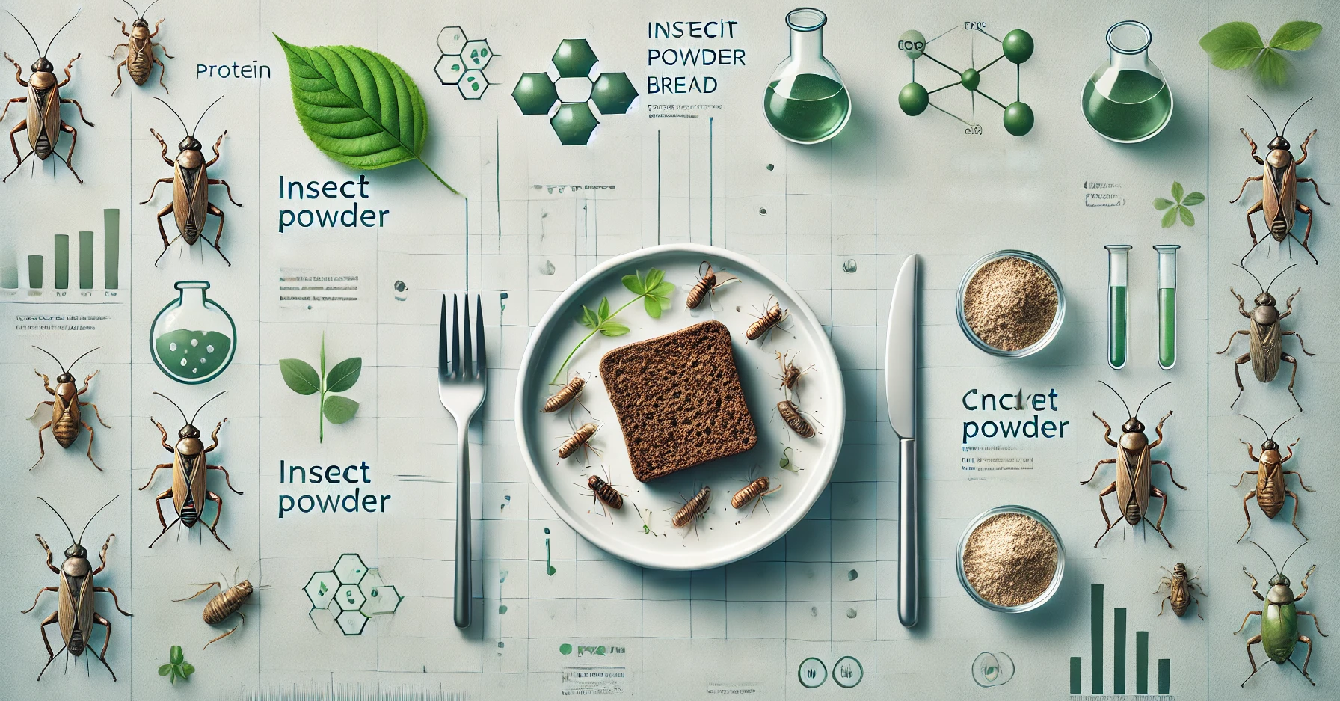The demand for insect-based proteins has been steadily growing over the past few years. Market experts predict sales to reach $348.97 million by 2028, with an annual growth rate of 3.89%.
What was once considered a niche market is now offering significant opportunities for the entire food sector. Companies investing in insect farming are already claiming key positions globally.
Market Leaders and Key Trends
Europe is at the forefront of innovation in insect protein production, with legislative approvals supporting its use in food, beverages, and animal feed. For instance, in 2023, the European Commission's approval for the use of mealworms in food products opened new opportunities for many manufacturers in the food industry.
Some of the most prominent players in this market include:
- Aspire Food Group;
- Darling International Inc;
- Ynsect NL BV;
- Protix BV and Protenga.
These companies are rapidly scaling production, investing in partnerships, mergers, and process optimization to meet the growing global demand for insect protein.
For example, Black Soldier Fly (BSF) farming provides farmers with protein sources for animal feed, poultry, and aquaculture development. Additionally, waste from production can be processed into byproducts such as drilling flour and filtrate to improve soil quality. Systems range from small-scale setups, like bins and containers, to large facilities with specialized mating rooms for flies.
Why Insect Protein is a Promising Prospect
From a sustainability perspective, modern insect protein production has a significantly lower environmental impact compared to traditional livestock farming. It requires fewer resources and less land, leading to a notable reduction in carbon emissions.
Nutritional Value
Various insects are used as protein sources today, including mealworms, BSF flies, ants, and crickets. For instance, mealworms, сontain 51% raw protein and 43% pure protein, along with essential amino acids beneficial for both human and animal health.
Dried BSF flies provide 37% to 63% protein (with essential amino acids) and 7% to 28% fat, along with being a rich source of vitamins and minerals.
Insect protein is a versatile ingredient with a growing range of applications. It is used in food production, livestock feed, poultry, aquaculture, and high-nutrition pet foods.
At Steiner, we closely monitor developments in the insect protein segment and the opportunities it offers to the industry. Leveraging global trends and best practices from industry leaders, Steiner is working to provide the food sector with a sustainable and cost-effective resource.
This is more than just an eco-friendly alternative; it’s an investment in the future. Such approaches allow the food industry to reduce dependence on traditional protein sources, enhancing sustainability and stability in the long term.
The growth of the insect farming market, along with supportive regulations and technological advancements in insect protein production, creates a strong momentum for this segment of the economy. For companies adopting these solutions today, insect protein can become a significant competitive advantage.
Steiner is already developing comprehensive solutions to support the growth of its partners’ businesses—from turnkey facilities (from larval farming to finished products) to specialized solutions for insect breeding and processing.



